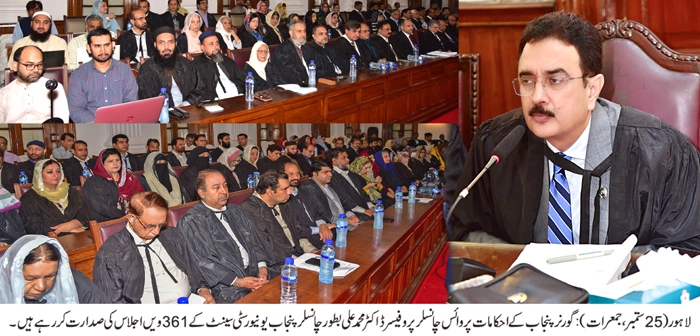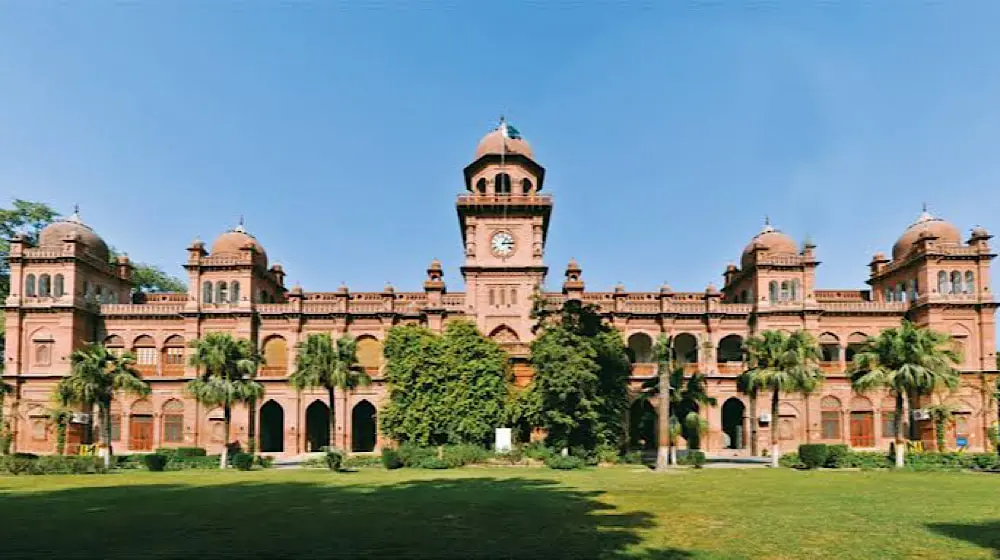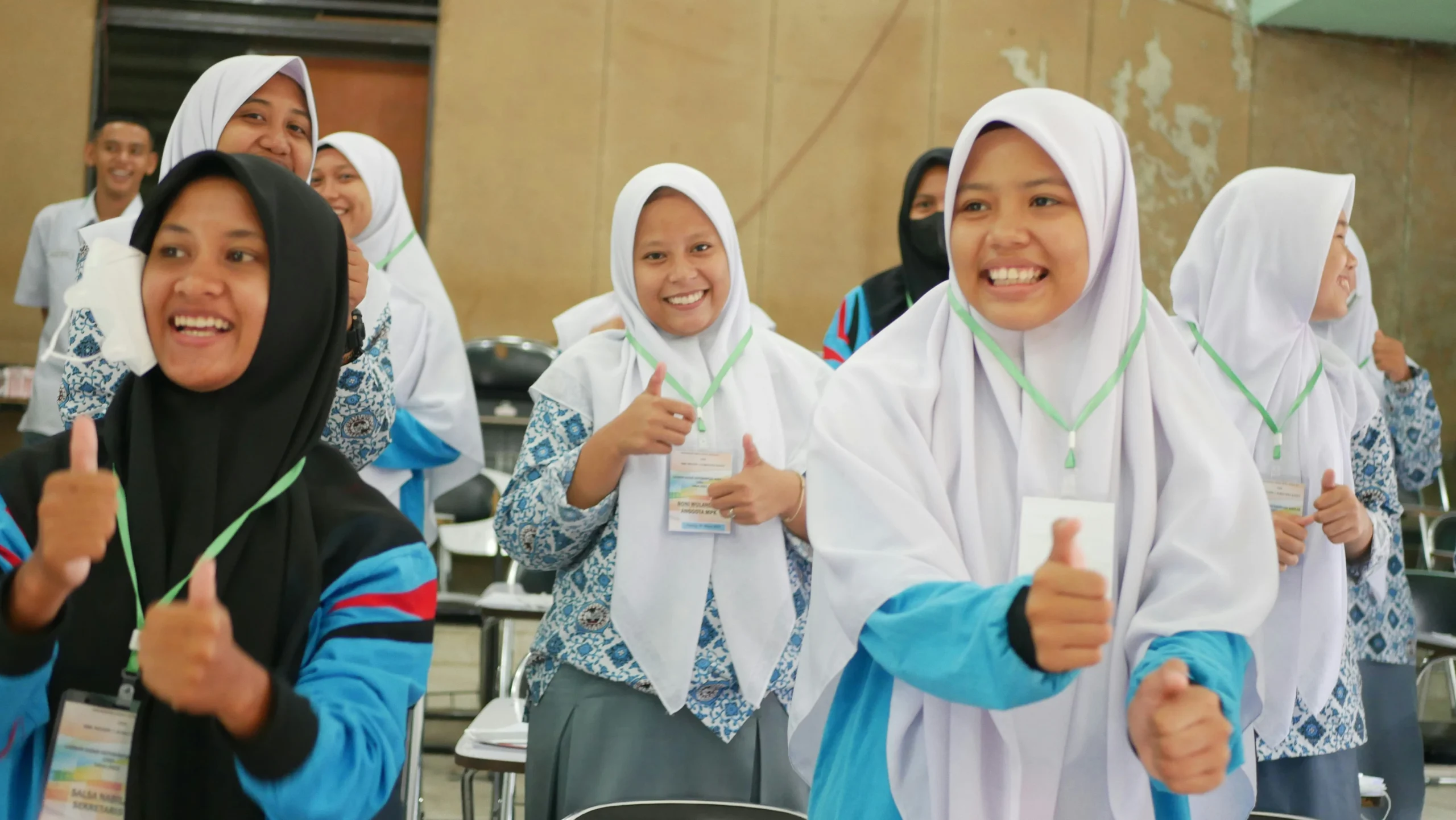Higher education has just become more affordable to thousands of students, with the Punjab University (PU) making a historic investment in its student body known.
The PU Senate of the 361st meeting gave a historic grant of scholarships of a mind boggling sum of Rs. 170 million to establish once again its commitment to make sure that academic ambition is not hampered by financial barriers.
This was not an ordinary meeting, as chaired by Vice Chancellor Prof Dr Muhammad Ali (on behalf of the Punjab Governor/Chancellor), this was a declaration of a new dawn in the history of the ancient institution. (Apply now)
No Student Left Behind
The VC, Prof Dr Muhammad Ali, highlighted the student-based philosophy of the university by reassuring the participants that most students in Punjab University get scholarships and that he would not compel any student to quit his/her education because of the fee.
The financial aid is staggering in size. All enrolled students this year will enjoy a massive subsidy of Rs. 219,000 with students staying in hostels getting an extra subsidy of Rs. 150,000 on top of that. This colossal influx of money solidifies PU as an advocate of inclusive education.

PU’s First Strategic Plan
The Senate meeting that took place in addition to the financial assistance was a turning point as the first strategic plan in the history of Punjab University was presented. This visionary report preconditions the wholesale changes in academic, financial, and administrative spheres of work, which is an indicator of active attitude towards the development of institutional excellence.
There was also the display of excellent financial stewardship by the VC who indicated that the university had been able to record outstanding savings of Rs. 240 million in electricity bills in the last eight months. These savings are being diverted right to the future of the institution.
Research and Development
In a move to ensure that the university is prosperous and at the forefront of its academic performance, the Vice Chancellor announced that an endowment fund to support research projects, pension security and important development projects will be created. This capital will be able to offer a long-term basis of perpetual innovation.
The recommendations of the Academic Council were also endorsed by the Senate and the vital budgets of the 2024-25 and 2025-26 fiscal years were ratified by the Senate, which determines the path that the university will follow in its ambitious plans.









